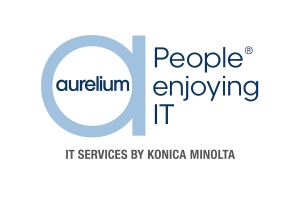In May, NSS Labs issued the results of its study of web browsers in terms of blocking malware. It showed Microsoft’s Internet Explorer 10 blocking 99.96 percent of all malware during their test period, which was a much better percentage than Chrome or Firefox. Today, Microsoft went over some of the features in IE10 that helps it stop malware and other security issues along with the results of another security report.
The official IE blog states that for stopping direct malware attacks via websites, IE10 uses a combination of SmartScreen URL filtering and Application Reputation features. For websites that are normally trusted but become infected by malware, IE10 users can use the XSS Filter that is made to fight off these kinds of exploits. Finally, IE10 has more memory protection features and its Enhanced Protected Mode.

Microsoft cites another third party security report, the Secunia Vulnerability Review 2013, to show IE10 is better than its competitors in offering safer PC Internet browsing. The report claims that IE10 had just 10 Secunia Advisories and 41 vulnerabilities, compared to 28 advisories in Chrome and 28 in Firefox. In terms of vulnerabilities, Secunia said that Chrome had 291 and Firefox had 257.
Of course, Microsoft is about to release the first public preview of IE11 next week for Windows 8 users as part of the Windows 8.1 update.
Source: Microsoft | Image via Microsoft




